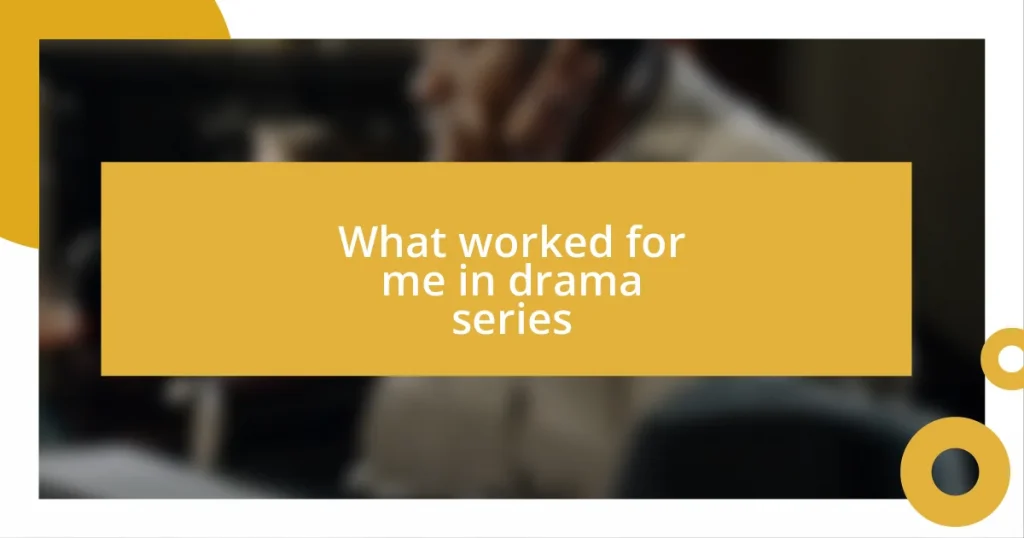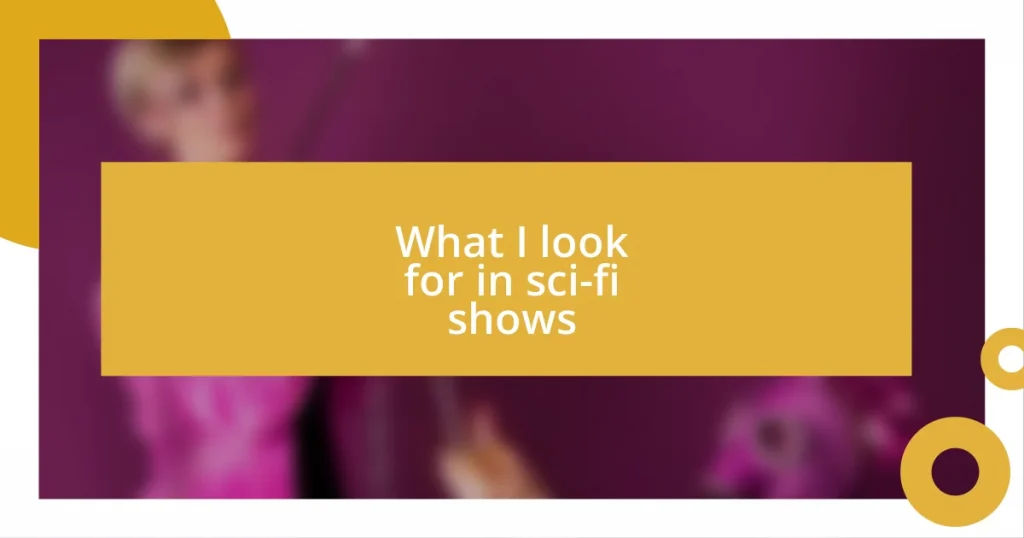Key takeaways:
- Understanding the importance of audience feedback and market research is crucial for successful product launches.
- Embracing adaptability and open communication fosters resilience and supports the improvement of ideas and strategies.
- Setting clear objectives and breaking projects into manageable milestones enhances focus and motivation in achieving success.
Understanding Failed Launches
Failed launches can be incredibly disheartening, yet they are often the richest source of insights for future endeavors. I remember a project where we were confident in our strategy, but overlooked crucial audience feedback. How could we have missed it? Reflecting on that failure, I realized that understanding our target market is paramount; it’s not just about the product but about the people who will use it.
Another aspect to consider is the emotional toll a failed launch can take on a team. I’ve witnessed firsthand how morale can plummet when expectations aren’t met—it’s a mix of disappointment and frustration. Have you ever felt that sinking feeling when a project you believed in just doesn’t take off? It’s essential to acknowledge these emotions, as they can shape the path forward.
On a broader scale, failed launches often highlight the disconnect between vision and execution. I’ve seen teams passionate about their ideas, yet they struggle to translate that enthusiasm into actionable plans. This leads me to wonder: what mechanisms can we put in place to bridge that gap? Embracing these failures becomes a vital step toward innovation and growth.
Lessons from My Experiences
I’ve learned that preparation is more than just checking off a to-do list. During one of my previous launches, we were so focused on the product features that we neglected to create a solid marketing plan. It felt like watching a beautifully wrapped gift go unappreciated, only to realize no one knew it existed! Now, I always emphasize the importance of a launch strategy that encompasses not just the product but also how we communicate its value to the world.
Another pivotal lesson is the significance of adaptability. I recall a time when user feedback came pouring in post-launch, revealing that we missed key expectations. At first, it felt like a punch in the gut; however, I soon realized that this was an opportunity for real connection with our audience. When we adjusted our approach, the response was invigorating, reminding me that flexibility is crucial in turning setbacks into comebacks.
Lastly, teamwork stands at the core of overcoming launch failures. After a rocky start on a project, we gathered the team for an honest debrief. It was enlightening to witness how sharing vulnerabilities could strengthen our bond. I still believe in the power of collective insight, as it cultivates a resilient environment where we can learn, innovate, and grow together.
| Key Lessons | Insights Gained |
|---|---|
| Preparation | Importance of a comprehensive marketing strategy |
| Adaptability | Flexibility in response to user feedback is vital |
| Teamwork | Sharing vulnerabilities can strengthen bonds and drive growth |
Analyzing Key Mistakes
Reflecting on the mistakes made during past launches, I often revisit a situation where we neglected to establish clear objectives. I remember feeling the confusion in the room; we all had different ideas of success, and that disparity resulted in a chaotic launch day. It’s essential to align the team around shared goals to ensure everyone is on the same page, creating a cohesive vision that drives the project forward.
Here are some common mistakes I’ve encountered:
- Lack of Audience Research: Overlooking potential users led to a product misalignment.
- Insufficient Testing: Rushing through the testing phase left us with unresolved bugs and user frustrations.
- Ignoring Data: We dismissed early metrics that pointed out major flaws, thinking our instincts were enough.
- Poor Communication: Misunderstandings within the team created unnecessary friction and confusion.
- Rigid Mindset: Sticking too firmly to our original vision made it hard to pivot when necessary.
Each of these mistakes served as a valuable lesson, reminding me of the significance of strategy, communication, and adaptability in achieving a successful launch.
Importance of Market Research
When I reflect on the launches that didn’t go as planned, it often boils down to one recurring theme: a lack of thorough market research. There was a moment when we rolled out a product, feeling confident in our bubble of assumptions. Yet, when the feedback started trickling in, I felt a wave of disbelief wash over me. How could we have missed these crucial insights? It became painfully clear that we had neglected to dive deep into our target audience’s needs and preferences.
Market research acts as a compass guiding you through the fog. It tells you where the opportunities lie and helps you avoid pitfalls. I once embarked on a project where we simply assumed our audience would love a particular feature, only to find out they had very different priorities. Can you imagine the disappointment? It taught me that without genuine understanding derived from research, you’re essentially launching your product into the void.
Engaging with your audience ahead of time is like having a backstage pass to their thoughts and feelings. During a focus group for another venture, I remember seeing a shift in the participants’ expressions as we discussed their pain points. Their feedback was not just valuable; it was transformative. It reminded me that market research isn’t just a checkbox; it’s a crucial step in connecting with potential users and ensuring that what I create resonates deeply with them.
Adapting to Customer Feedback
When it comes to adapting to customer feedback, I’ve learned that a shift in perspective can make all the difference. I vividly recall launching a feature that I thought would be a game-changer. My excitement faded when feedback indicated it was confusing rather than helpful. The realization hit me hard: if my audience struggles to understand it, I can’t expect them to love it. This led to a pivotal moment where I had to openly embrace the feedback, allowing it to reshape our approach.
Listening closely to customer feedback is like holding up a mirror to my assumptions. After one launch, I decided to conduct follow-up interviews. The insights I gained from those conversations were eye-opening. Customers voiced their needs and frustrations, painting a clearer picture of what they truly wanted. I found myself asking, “What if I had listened sooner?” It reminded me that feedback isn’t just criticism; it’s an opportunity to make meaningful improvements.
I also learned the power of iteration through customer feedback. During an early project, suggestions piled up, and I was overwhelmed by the thought of constant changes. However, I soon realized that each piece of feedback was a step toward refining the product. By viewing it as an evolving conversation with my users, I began to see the potential in each suggestion rather than an obstacle. It was liberating to understand that adapting wasn’t a weakness; it was an essential part of the journey.
Developing a Resilient Mindset
One of the most valuable lessons I’ve learned in developing a resilient mindset is embracing failure as part of the process. There was a time when I felt crushed after a launch that fell flat. It forced me to confront my fears and insecurities, but instead of allowing it to paralyze me, I dug deep to understand the lesson beneath the disappointment. How could I turn this setback into a stepping stone? This shift in thinking was transformative; I began to see failures as opportunities ripe with insights rather than dead ends.
Building resilience also means adjusting your emotional response to adversity. I remember a particularly challenging project where everything seemed to go wrong. Instead of sulking, I chose to surround myself with a supportive network. Conversations with peers who had faced similar struggles reminded me that I wasn’t alone. It made me question: what if I could draw strength from those shared experiences? Eventually, I realized that resilience isn’t just about individual grit; it thrives in community support.
Finally, I believe that cultivating a growth mindset is essential for resilience. I often ask myself if I can approach challenges with curiosity rather than fear. An instance that stands out for me was when a product didn’t meet the expectations I had set. Initially, I felt frustrated, but then I decided to view it as a chance to learn and evolve. That’s when I started experimenting, gathering data, and iterating my approach. This mindset not only helped me rebound— it fueled my creativity. Have you considered how adopting a growth mindset could change the way you handle setbacks? It’s a game-changer.
Strategies for Future Success
Shifting my approach to planning has been crucial for future success. After a couple of launches that went nowhere, I started to value the importance of setting clear, achievable goals. I remember feeling progressively overwhelmed each time, wondering, “What am I really aiming for?” This introspection led me to break projects into manageable milestones, allowing me to celebrate small wins along the way. It made the journey much less daunting and significantly more motivating.
I’ve also learned that fostering open communication within my team can drastically improve our chances of success. In one project, I made the mistake of assuming everyone was on the same page. Looking back, I realize that communication gaps can be like cracks in a dam, waiting to burst. Now, I make it a point to hold regular check-ins, encouraging everyone to share their thoughts freely. The shared insights not only refine our strategies but also build a stronger sense of ownership among the team. Could it be that a simple conversation can change the trajectory of a project? I’ve seen it happen.
Embracing calculated risk is another strategy that has reshaped my approach. Early in my career, I was overly cautious, fearing what might go wrong. However, when I finally took a leap of faith on a new feature that my gut told me would resonate, I experienced a burst of creativity that I had been stifling. This experience taught me that sometimes, stepping outside of my comfort zone can yield the most rewarding results. Looking back, what have those moments of risk taught you about your own capabilities?












